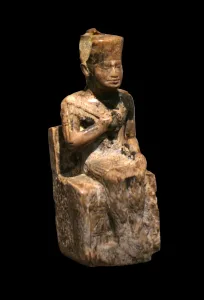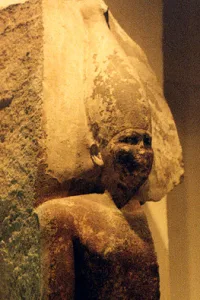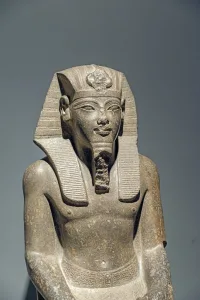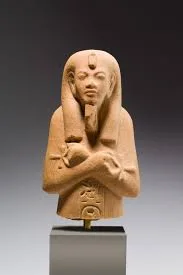Throughout the annals of ancient history, the pharaohs of Egypt have captivated the world with their grandeur, achievements, and mystique. Yet, behind the majestic façade lies a darker side, a side marked by cruelty, oppression, and tyranny. In this listicle, we delve into the shadowy recesses of Egypt’s past to unveil the stories of five of its cruelest pharaohs. From ruthless suppression of dissent to the imposition of draconian labor conditions, these rulers left a lasting legacy of fear and suffering. Join us as we uncover the untold tales of power, brutality, and the human cost of ancient Egyptian rule.
1) Khufu (2589–2566 BC): Known for building the Great Pyramid of Giza, Khufu is also remembered for his alleged cruelty. According to ancient texts, he imposed harsh labor conditions on his subjects to complete his grand projects, leading to widespread suffering and discontent among the populace.

2) Sneferu (2613–2589 BC): Despite being credited with constructing numerous pyramids, Sneferu’s reign was marked by military campaigns and brutal suppression of dissent. Historical accounts depict him as a ruthless ruler who showed little mercy to those who opposed his rule, resorting to violence to maintain control.

3) Amenhotep III (1386–1353 BC): While Amenhotep III’s reign was characterized by prosperity and cultural achievements, he also had a darker side. Historical records suggest that he ruthlessly crushed rebellions and executed dissenters, instilling fear among his subjects. His use of force to maintain power tarnished his legacy.

4) Akhenaten (1353–1336 BC): Akhenaten is infamous for his radical religious reforms, including the elevation of the sun god Aten to the status of supreme deity. His ruthless suppression of traditional religious practices and dissent earned him a reputation for cruelty. He forcibly closed temples, suppressed priesthoods, and imposed his monotheistic beliefs on the populace.

5) Hatshepsut (1479–1458 BC): While Hatshepsut is often celebrated as one of Egypt’s most successful female pharaohs, her rise to power was marred by political intrigue and ruthless tactics. She seized the throne from her stepson, Thutmose III, and employed propaganda to legitimize her rule. Despite her achievements, her methods were often deemed cruel and uncompromising.

These pharaohs, though they left behind monumental legacies, also left a dark stain on Egyptian history with their cruelty and oppression. Their actions serve as a reminder of the complexities of power and the often brutal realities of ancient rulership.
